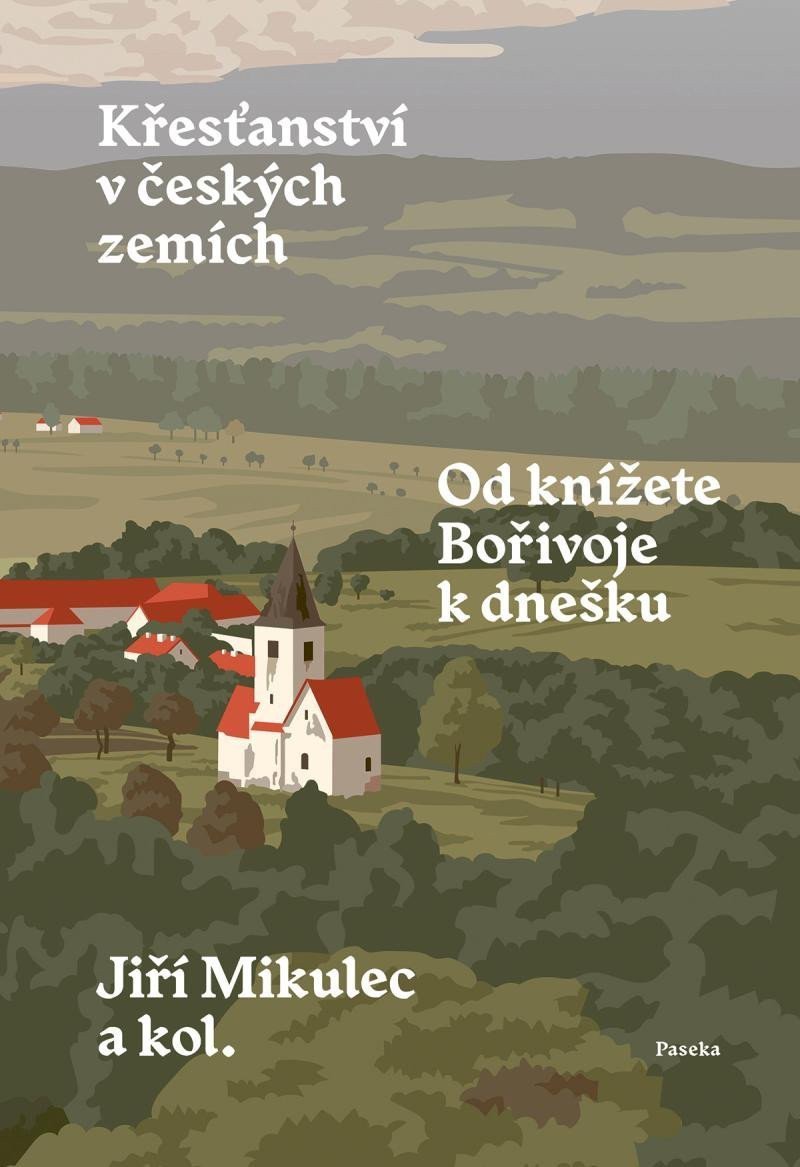Description
Spirituality, the life of clerics, monks, and nuns, celibacy, the Christian year with its holidays, celebrations, and pilgrimages, as well as sacred architecture and Christian art, all contribute to the character of the Czech landscape. The authors of this book understand Christianity as a worldview and a cultural element that has shaped the territory of the Czech state and its inhabitants for over a thousand years.
Christianity arrives in pagan Central Europe as a political force that disrupts old cultural and power relations and establishes new ones. The church is hard to separate from the state, yet paradoxically, it soon begins to struggle for its own emancipation, and both institutions clash in numerous disputes.
The Hussite Revolution marks the beginning of the confrontation of ideas, and from the coexistence of confessions, the concept of religious tolerance later emerges, which some periods embrace while others reject. Secularization, which we perceive as a product of the modern age, has its roots as early as the end of the 18th century. At that time, with the development of industrialization, sacred time gives way to 'industrial' time. The long 19th century, however, also provides an opportunity for the first scientific reflections on religion, which are foundational to modern religious studies.
Christianity arrives in pagan Central Europe as a political force that disrupts old cultural and power relations and establishes new ones. The church is hard to separate from the state, yet paradoxically, it soon begins to struggle for its own emancipation, and both institutions clash in numerous disputes.
The Hussite Revolution marks the beginning of the confrontation of ideas, and from the coexistence of confessions, the concept of religious tolerance later emerges, which some periods embrace while others reject. Secularization, which we perceive as a product of the modern age, has its roots as early as the end of the 18th century. At that time, with the development of industrialization, sacred time gives way to 'industrial' time. The long 19th century, however, also provides an opportunity for the first scientific reflections on religion, which are foundational to modern religious studies.
Information
Author: Mikulec Jiří
Publication date: May 14, 2025
Manufacturer: Nakladatelství Paseka s. r. o.
Genres: Non-fiction literature, Books, History and facts
Type: Hardcover books
Pages: 832
ISBN/EAN: 9788076374836

